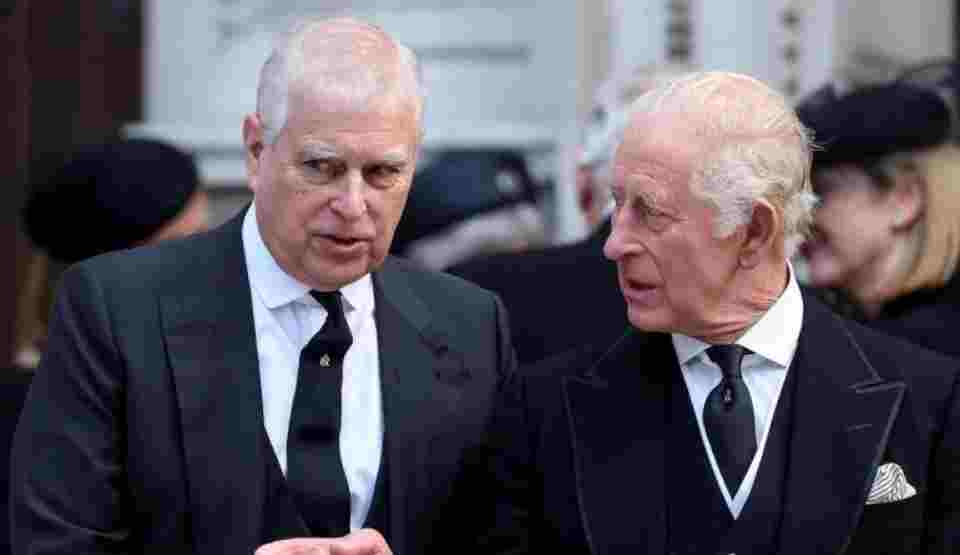An Editorial by Tab2Mag Daily Magazine
By CEO and Editor-in-Chief, Tab2Mag Daily

Asif Ghazali
In the corridors of the United Nations General Assembly this week, President Donald Trump made yet another promise to world leaders—this time pledging to Arab and Muslim representatives that he would prevent Israeli annexation of the occupied West Bank. While the commitment may have temporarily eased tensions and provided diplomatic cover for concerned regional allies, it raises a fundamental question that has shadowed Trump’s political career: How much weight should the international community place on his word?
A Pattern of Reversals
Trump’s political trajectory has been marked by a consistent pattern of policy reversals and abandoned commitments that should give pause to anyone banking on his latest West Bank assurance. His track record reveals a leader whose positions shift with political winds rather than principled conviction.
Consider his approach to NATO—once dismissing the alliance as “obsolete,” only to later embrace it when politically expedient. On healthcare, he promised to “repeal and replace Obama care” with something “much better,” yet failed to deliver any coherent alternative during his first term. His promises to Mexico regarding trade deals, his commitments to various international climate agreements, and his assurances to allies across multiple theatres have all suffered similar fates.

Perhaps most relevant to the current situation is Trump’s own history with Middle Eastern policy. During his first presidency, he moved the U.S. embassy to Jerusalem and recognized Israeli sovereignty over the Golan Heights—decisions that delighted his Israeli allies but contradicted decades of American diplomatic precedent and international law. These moves demonstrated his willingness to upend established positions when it served his political interests.
The West Bank Gambit
The timing of Trump’s West Bank commitment is telling. Facing pressure from Arab and Muslim leaders concerned about regional stability, and with several traditional Israeli allies formally recognizing Palestinian statehood, Trump finds himself navigating increasingly complex diplomatic waters. His promise to prevent annexation appears to be a tactical response to immediate pressure rather than a strategic commitment to a coherent Middle East policy.
The document reveals that Arab leaders expressed “growing alarm at Israel’s actions across the Middle East” and pressed Trump to “rein in Netanyahu and help end the war in Gaza.” Trump’s response—a pledge on West Bank annexation—addresses only one aspect of their broader concerns while sidestepping the more immediate crisis in Gaza and the wider question of Palestinian rights.
The Netanyahu Factor
What makes Trump’s promise particularly suspect is his relationship with Benjamin Netanyahu. Despite public disagreements and private tensions during his first term, Trump has historically given Netanyahu considerable latitude in pursuing Israeli objectives. The document notes that “Netanyahu doesn’t do anything in the Middle East without a green light from the US,” which ironically underscores both American leverage and Trump’s past willingness to provide that green light for controversial Israeli actions.
Netanyahu has already indicated he will announce his decision on annexation after meeting with Trump on Monday. This timing suggests that the Israeli Prime Minister may view Trump’s UN commitment as negotiable—a working position rather than a firm red line. Given their past interactions, Netanyahu may well expect to persuade Trump to modify or abandon this stance behind closed doors.
Regional Stakes and Credibility
The stakes of Trump’s commitment extend far beyond Palestinian territories. The UAE, which normalized relations with Israel through the Abraham Accords—one of Trump’s signature first-term achievements—has warned that annexation would be a “red line.” Other regional allies share this concern, recognizing that West Bank annexation would fundamentally alter the Middle Eastern landscape and potentially destabilize the fragile diplomatic progress of recent years.
If Trump fails to honor this commitment, the consequences could extend well beyond the immediate crisis. Arab and Muslim leaders who took him at his word may conclude that American diplomatic assurances under Trump are worthless. This could drive these nations toward alternative partnerships with China, Russia, or regional powers, further diminishing American influence in a strategically vital region.
A Question of Leadership
The fundamental issue isn’t necessarily Trump’s position on West Bank annexation—reasonable people can disagree on complex geopolitical issues. The problem is the pattern of making commitments that serve immediate political needs without considering long-term implications or honouring previous promises.
True leadership in international affairs requires consistency, reliability, and the wisdom to understand that diplomatic commitments carry weight beyond the moment they’re made. When leaders routinely abandon their promises, they don’t just damage their own credibility—they undermine the entire framework of international cooperation that depends on mutual trust and predictable behaviour.
Moving Forward
As the international community watches to see whether Trump will honour his West Bank commitment, several realities must be acknowledged. First, preventing annexation serves broader American interests in regional stability and maintaining relationships with key allies. Second, the promise aligns with longstanding international consensus on the illegality of settlement expansion in occupied territories.
However, past experience suggests that Trump’s commitment should be viewed with scepticism until backed by concrete actions and sustained policy implementation. Arab and Muslim leaders who received this assurance should prepare for the possibility that, like many of Trump’s previous promises, this one may prove negotiable when subjected to competing pressures.
The West Bank situation will serve as an early test of whether Trump 2.0 represents a more disciplined, consistent approach to international commitments, or simply a continuation of the unpredictable, transactional diplomacy that characterized his first term. For the sake of regional stability and American credibility, one can only hope it’s the former—while preparing for the possibility that it’s the latter.
The world is watching, and this time, the consequences of broken promises may prove too costly for even Trump’s political resilience to weather.
Asif Ghazali
CEO and Editor-in-chief.
“The newspaper’s editorial policy is to remain neutral”.





